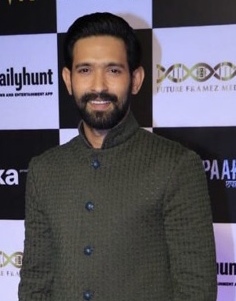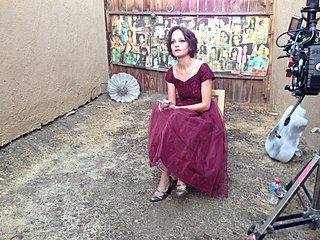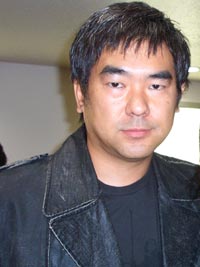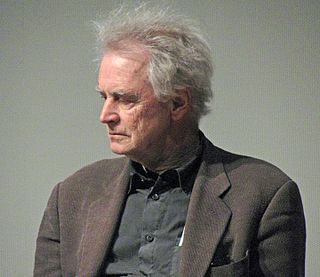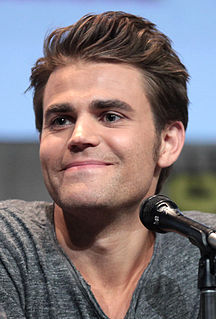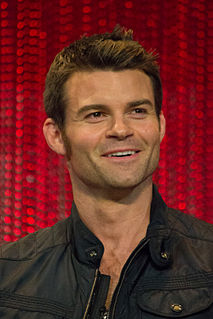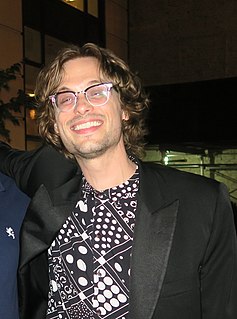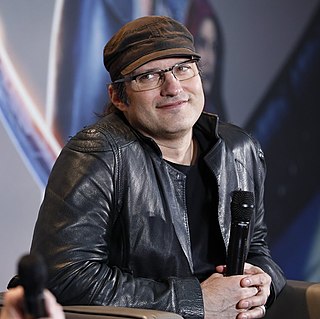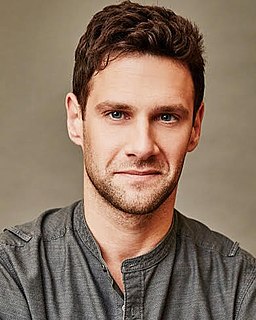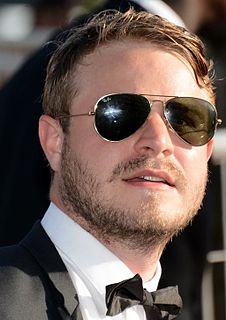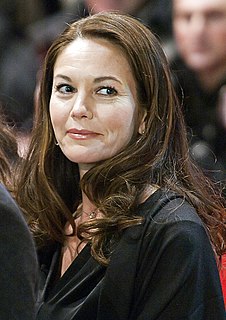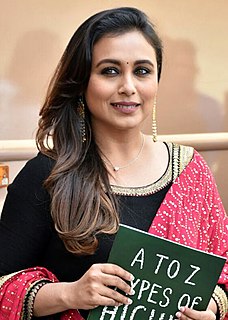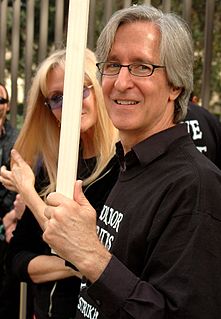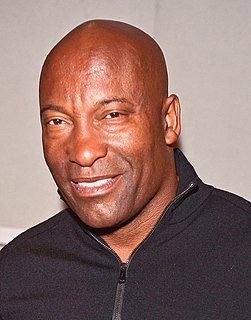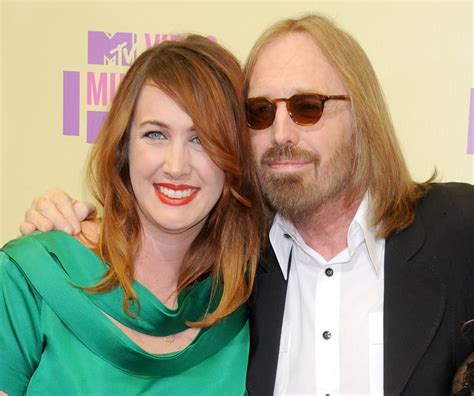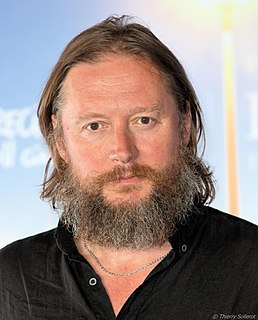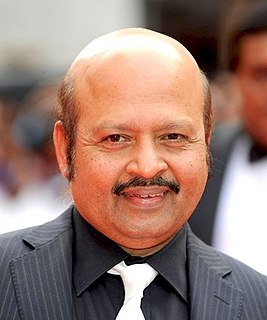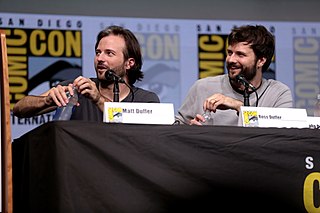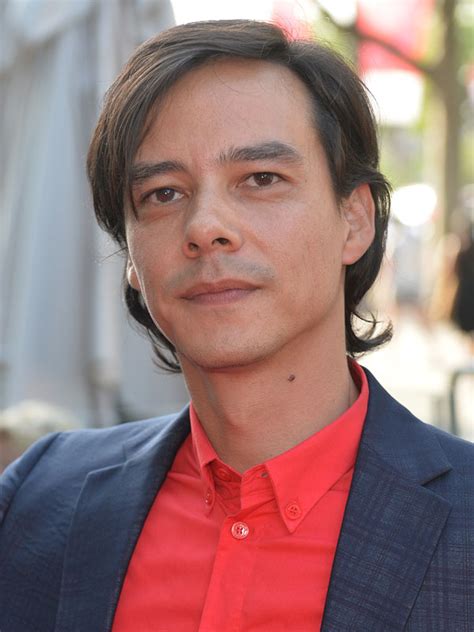Top 967 Filmmaking Quotes & Sayings - Page 14
Explore popular Filmmaking quotes.
Last updated on December 23, 2024.
The MeToo movement has made everyone more professional. The trashy aspects of filmmaking are now eliminated. There is certainly fear and caution among those men who think they can get away with any behaviour. At the same time, we have to be careful about not overdoing the enthusiasm of the MeToo movement.
I get rejections from the New Yorker. When I had to give a little talk to the people graduating from the MBA program at Columbia who were going into writing and filmmaking and everything, I said, "When I tried to think of what to say, the only subject I thought was appropriate for people doing what you're going to do is rejection." That's what it's all about.
I earn my living by teaching film, mostly filmmaking but also teaching courses on current cinema. I'm interested in movies. I hope that's not all I'm interested in. In that sense, it's maybe a little misleading. I don't expect to make another movie about films, but I may continue to write about them.
Stories have tangents; they open up and become different things. You can still have a structure, but you should leave room to dream. If you stay true to your ideas, filmmaking becomes an inside-out, honest kind of process. And if it's an honest thing for you, there's a chance that people will feel that, even if it's abstract.
I thought there was a way of marrying what I wanted to do with filmmaking with pop videos, which I found out through a couple projects just wasn't possible. That's not saying anything about the artist. If you're making an Usher video, you're making an Usher video, not a film with an Usher song in it.
Nobody really truly supporting independent filmmakers anymore. It's just dire. There's a lot of bad filmmaking, and there's a lot of people worshipping some terrible filmmakers. It's a waste of all of our time, if you don't feel anything. We are an age of YouTube kids. We don't care so much anymore. It's all about marketing.
Filmmaking is essentially about entertainment, but it's amazing to realize that it has this other muscle that could actually help. Do you know what I mean? People permit entertainment to wash over them, but every once and a while, entertainment - and this is entertaining - also galvanizes something else and that would be a really good thing to have happen in this case.
I never fought, I never learned kung fu or boxing, I never went into these sportif competitions. I wouldn't cross the ocean. I think it's ridiculous to take such risk. But look, people love to do that. But I was not afraid of doing things I wished to do. I did not think that woman would be restrained. I never saw that, especially not in filmmaking, where you don't have to be strong.
People ask me about 'The Hurt Locker' a lot, and it's an incredible piece of filmmaking - as are 'Band of Brothers' and 'Platoon' and 'Full Metal Jacket' and 'Apocalypse Now.' But they're not necessarily true to war in a literal sense. What they are, really, are brilliant movies about Hollywood's idea of war.
'Your Name' is a film created with the innate imaginations of a Japanese team and put together in a domestic medium. When such a work is imbued with Hollywood filmmaking, we may see new possibilities that we had been completely unaware of - I am looking forward to the live-action film with excited anticipation.
I think I veered towards filmmaking because there's more of a sense of control in it. You're not waiting to be picked. That said, in film school I acted in probably 6,000 student films because no other filmmakers knew anyone who wanted to act. It was all a big beautiful snake eating its tail, progressing along the way.
They [academy writing programs] have no concept that the world has changed, that publishing has changed, that filmmaking has changed, and if you're not constantly looking at your education model and adjusting for the change, you'll find yourself teaching antiquity. Like all of these programs that won't accept students who are writing genre fiction - what an institutional ego!
I'm doing a lot of research right now on what's happening in Arizona. That's where I'm at with more conventional documentary filmmaking. I think it is an urgent cause. I think I need to make something. I'm a part of it. Everybody's a part of it, and this country needs to know what's happening there in a very truthful way.
After working for a while, I realized that acting was only satisfying about 30 percent of what interested me about the filmmaking process. Somewhere around age seventeen, I started to realize that if I'm very particular about the people I work with, then I can have the best sort of master class possible.
I think that directing is the ultimate martyred task of filmmaking, that it has nobility to it. It takes three years to make a film, for the most part. I think it requires the attentiveness of a mother hen. I don't know how people raise children and direct films. I'm sorry, I don't know, how can you be good at both?
Filmmaking isn’t if you can just strap on a camera onto an actor, and steadicam, and point it at their face, and follow them through the movie, that is not what moviemaking is, that is not what it’s about. It’s not just about getting a performance. It’s also about the psychology of the cinematic moment, and the psychology of the presentation of that, of that window.
I was going to go to a four-year college and be an anthropologist or to an art school and be an illustrator when a friend convinced me to learn photography at the University of Southern California. Little did I know it was a school that taught you how to make movies! It had never occurred to me that I'd ever have any interest in filmmaking.
Docs are more exhausting because of the physical labor that's required. Feature filmmaking is more exhausting because of politics and the bullshit. You get to the point of rolling film and until you lock picture it's one political game after another. They're both struggles for survival. They are two different worlds.
That's what I love about documentary filmmaking, we never know where the story is going, we don't know what is going to happen next, and we're inside a culture of people that you have to figure out in many ways. It's a relationship between what you thought might have been the story, and what happens in the 'field.'
It is not only my dreams, my belief is that all these dreams are yours as well. The only distinction between me and you is that I can articulate them. And that is what poetry or painting or literature or filmmaking is all about... and it is my duty because this might be the inner chronicle of what we are. We have to articulate ourselves, otherwise we would be cows in the field.
Making music videos, I try to bring musicians into the logistics of filmmaking, and I try to preserve whatever's of value and achievable in their idea. If it's something I can't achieve, I tell them straight. You want to make sure that the artist really loves the idea and is committed to it, otherwise they're not going to feel great when they're up there miming it.
Sometimes the theme of the film is something that comes down to the way you designed the film - that you're saying something about the world. And it's one of the things that I think animation can do, in a way that other forms of filmmaking can't do. Because every single thing you see has got to be designed and created.


